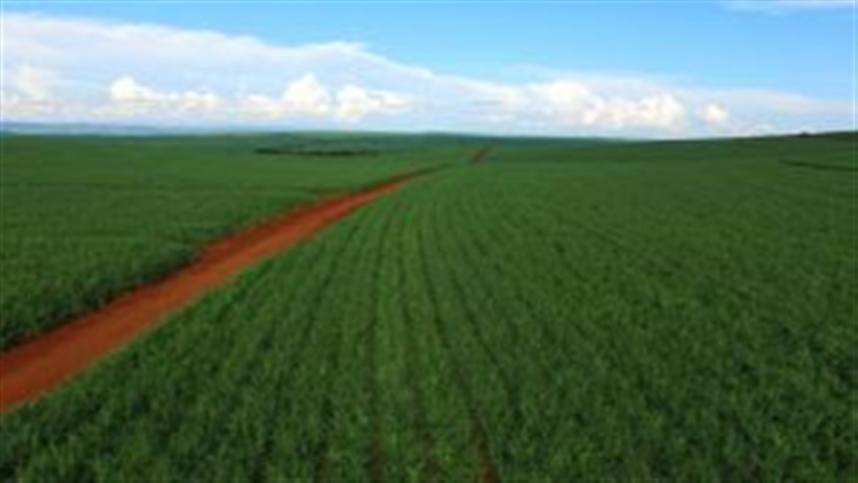“Clauses like these are very common in rural credit notes”
A recent decision by the Court of Justice of São Paulo (TJSP) brought relief to rural producers who took out credit with linked rural insurance. According to Tobias Marini de Salles Luz, a lawyer specializing in agribusiness and a partner at Lutero Pereira & Bornelli Advogados, the Court upheld a ruling that dismissed an enforcement action filed by a bank against a producer who lost his sugarcane crop due to drought. The decision was based on the automatic and mandatory rural insurance clause present in the rural credit note.
The TJSP understood that, once the loss was proven, it would be up to the bank to contact the insurance company responsible for the policy contracted, before seeking enforcement against the producer. As the stipulator of the insurance, the financial institution has the duty to seek the compensation provided for in the contract, with the producer’s liability being only subsidiary, that is, subsequent to the lawsuit with the insurer. This decision reinforces the purpose of rural insurance: to protect the producer in situations adverse events, such as losses caused by extreme weather events.
According to him, clauses of this type are common in rural bonds and can be an important protection for producers. If a bank is charging you for a loan whose payment was impacted by unfavorable weather conditions, it is recommended to seek specialized legal advice. This analysis can make it possible to classify the judicial understanding in the specific case, guaranteeing the rights of the producer.
“Clauses like these are very common in rural bonds. If this is your case, that is, if the Bank is charging you for a loan that was not paid due to an adverse weather situation, seek a lawyer to check the possibility of classifying this understanding in your case”, he concludes.

